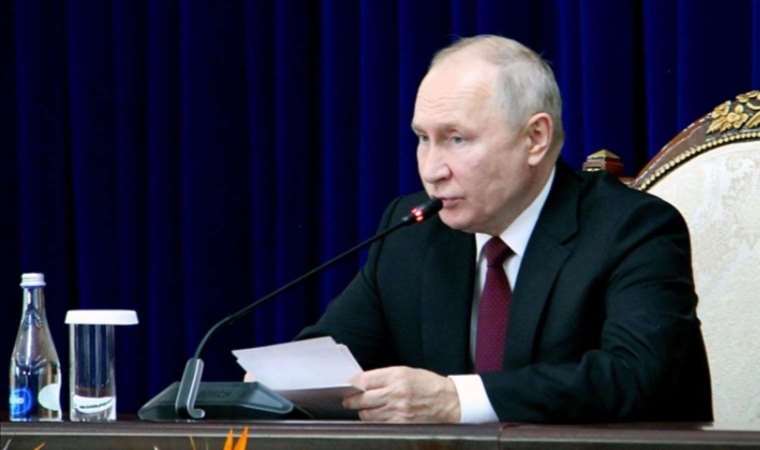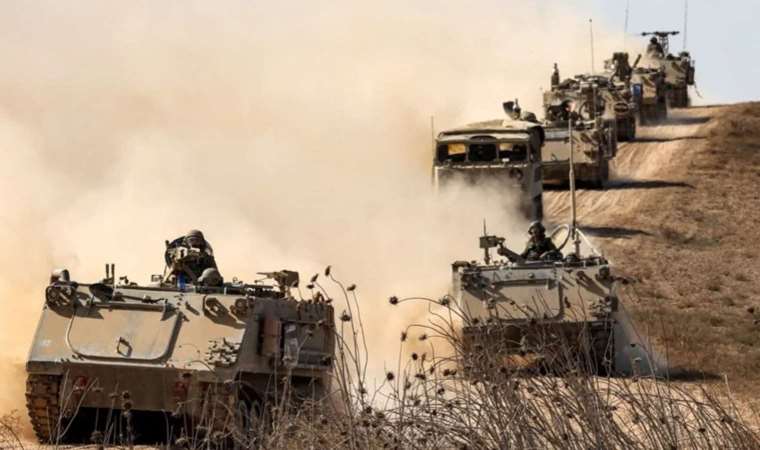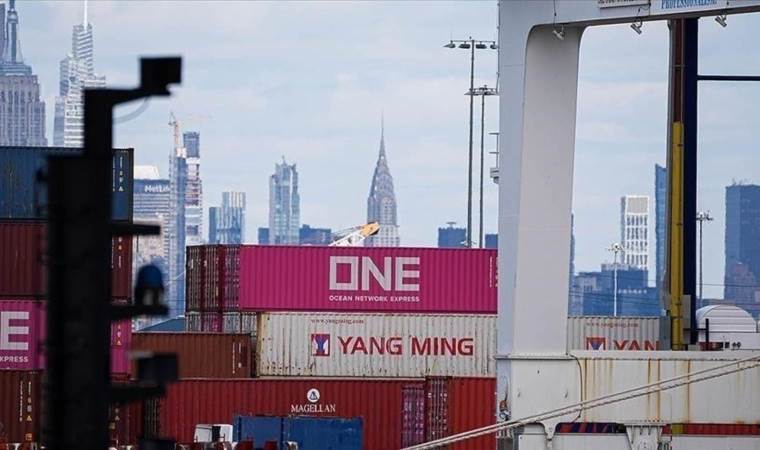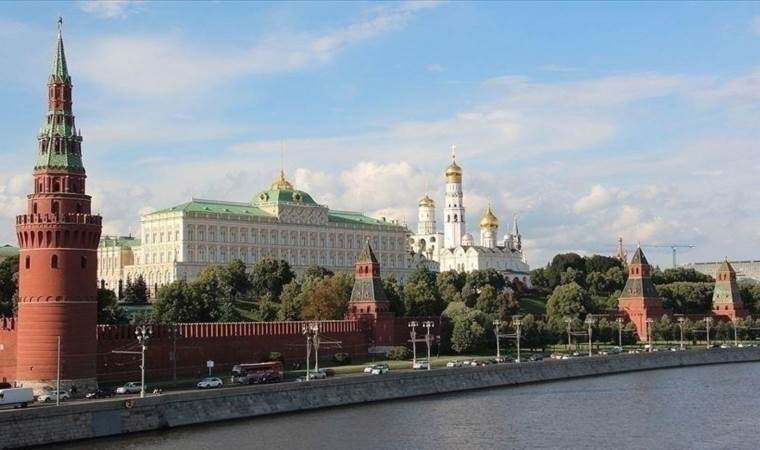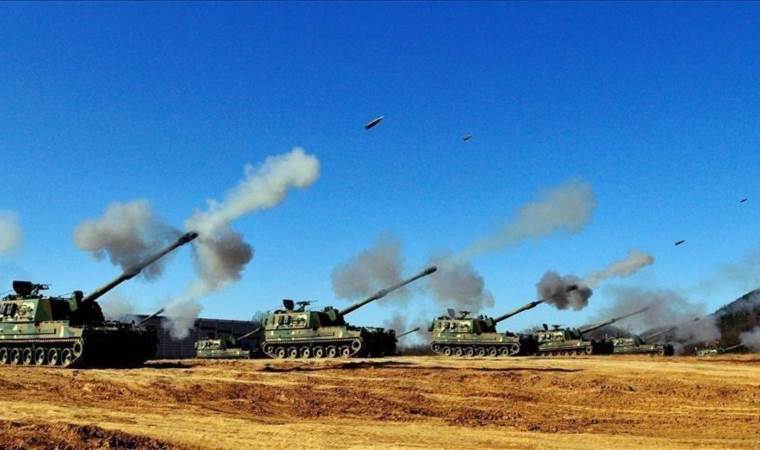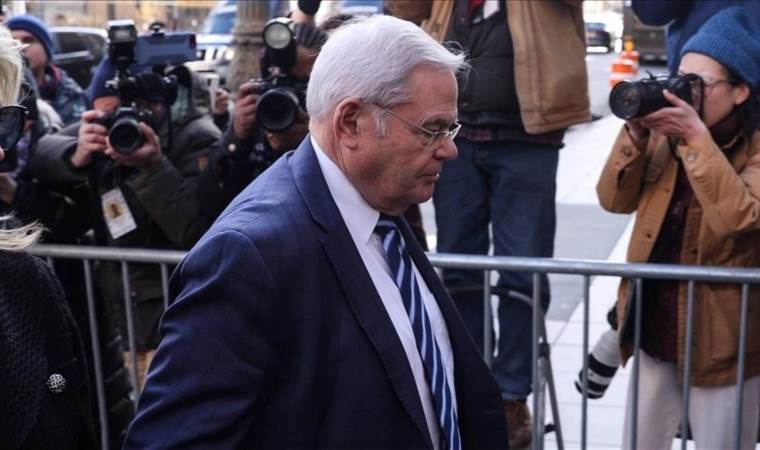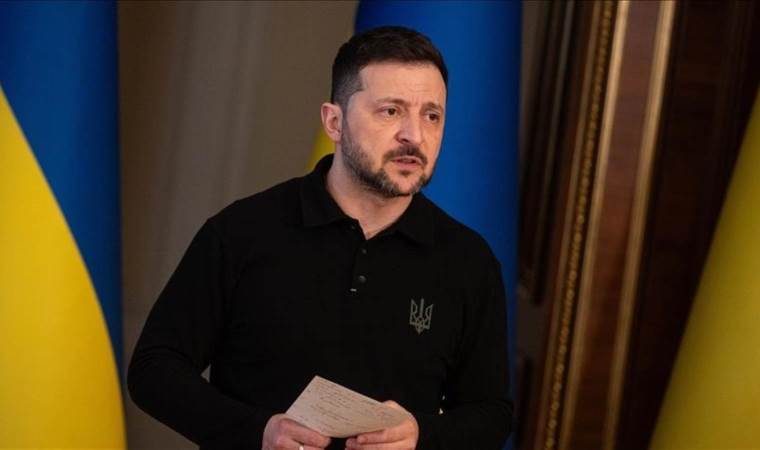Why Russia is Cautious on Israel-Hamas Tensions
Following Iran's declaration of support for Hamas, Russia has chosen a more cautious stance. With its war in Ukraine continues, is Russia content with the renewed tensions in the Middle East?
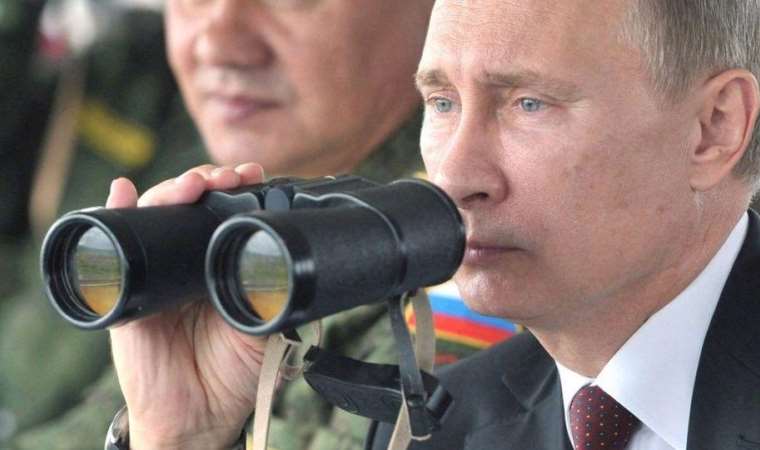
Various conspiracy theories have circulated in global public opinion regarding the October 7th Hamas attack. Iran's announced support for the Al-Kassam brigade after the incident and celebrations throughout the country have fueled suspicions of Iranian involvement. In contrast, some argue that Netanyahu, facing domestic political challenges, orchestrated the attack to unite the nation and justify his "hawkish" policies.
Iran's 'Early' Victory
In the aftermath of the October 7 attack, it is clear that Iran has made significant gains. Only in a short period of time Iran has endured the loss of influential figures like Qassem Soleimani, faced severe U.S. sanctions, dealt with internal turmoil after the Mahsa Amini incident and has managed a proxy war with Saudi Arabia. Moreover, Israel, its principal regional rival, had been normalizing relations with other regional countries. Israel's growing normalization attempts in the Middle East was a long-term concern for Iran. However, this normalization collapsed after the October 7 attack.
The attack prompted all Muslim countries in the region, regardless of their initial reluctance, to react to Israel's Gaza bombardment. Consequently, Israel's relations with Turkey, where energy deals were in the works, and Saudi Arabia, a key regional player, soured once again. The isolation of Israel, a goal triggered by the events of October 7, played into Iran's favor.
Nonetheless, the situation remains fluid. After issuing a series of threats to Gaza and causing civilian casualties in the aftermath of the airstrikes, Israel is entering a precarious period.
Uncertainty for Ground Operation
Netanyahu's pre-October 7 problems have receded, as both the U.S. Jewish diaspora and domestic opposition temporarily set aside their concerns. Netanyahu may even harbor hopes of strengthening his position in a future without Hamas. Yet, he faces even bigger challenges.
Tensions between Netanyahu and the Israeli army (IDF) deepened following the Hamas attack. It is alleged that Netanyahu struggled to control the army, and conversely, the Prime Minister believes the IDF has intelligence and military weaknesses. A survey indicates that 75% of the Israeli public holds Netanyahu responsible for the October 7 tragedy, and three ministers in his cabinet are speculated to be think of resignations.
Israel's reputation, which was seriously tarnished on October 7, hinges on a ground operation that has been repeatedly postponed. Reasons cited include weather conditions and 'hostage' negotiations. Many military sources speculate that the IDF fears Hezbollah activity in southern Lebanon, which could escalate tensions in the north.
The U.S. perspective is also crucial. President Biden, already at odds with the Netanyahu administration, wishes to avoid further depleting the overburdened U.S. military. As a result, he publicly supported Israel in the name of 'deterrence' but privately urged Netanyahu to postpone the ground operation.
Why Russia Remains Cautious
Some may be surprised that Russia, a significant factor in the escalating 'West-East' tension and a key ally of Iran during the Ukrainian conflict, has not taken a more assertive stance in this regional conflict. While Putin voiced support for Gaza and the '2-state solution,' he refrained from directly targeting Israel.
There are several reasons for this. Notably, 15% of Israel's population consists of Russian expatriates, tremendous amount of tourists visit Israel from Russia each year, particularly since the end of the Cold War. Additionally, Israel has largely refrained from taking a position on the Ukraine war, choosing not to share its high-tech equipment with Ukraine, despite U.S. pressure. Also, Israel is not very comfortable about the Neo-Nazi activities in Ukraine. Especially after the public backlash started with Ukranian Azov brigade visit on Israel last year.
However, Russia does not hesitate to exert pressure on the United States. Putin has reminded that the American fleet deployed as a show of force is within range of Russian ballistic missiles. With the U.S. already overwhelmed by arms supply demands of Ukraine, Israel's increased military demands could strain the U.S. military industry. This would play into Russia's hand in Ukraine.
In conclusion, Israel is running out of time. The longer it postpones the ground operation, the more its reputation is tarnished, and internal divisions become apparent. If it dares to pursue the ground offensive, it might risk of engulfing the region with a much larger conflict. The instability extends beyond Netanyahu, affecting the entire nation.
Most Read News
-
 China integrates AI into undergraduate studies
China integrates AI into undergraduate studies
-
 South Korea, US to hold trade talks this week
South Korea, US to hold trade talks this week
-
 Germany cuts economic growth forecast to stagnation for
Germany cuts economic growth forecast to stagnation for
-
 6.3 magnitude earthquake strikes off Indonesia’s Talaud
6.3 magnitude earthquake strikes off Indonesia’s Talaud
-
 Kremlin says Putin open to talks on civilian strikes mor
Kremlin says Putin open to talks on civilian strikes mor
-
 South Korean military holds live-fire drills near inter-
South Korean military holds live-fire drills near inter-
-
 Wife of former US Senator Menendez found guilty in bribe
Wife of former US Senator Menendez found guilty in bribe
-
 Harvard University sues Trump administration over fundin
Harvard University sues Trump administration over fundin
-
 Zelenskyy demands Russian clarity over strikes on civili
Zelenskyy demands Russian clarity over strikes on civili
-
 Pope Francis' funeral to take place on April 26, Vatican
Pope Francis' funeral to take place on April 26, Vatican
